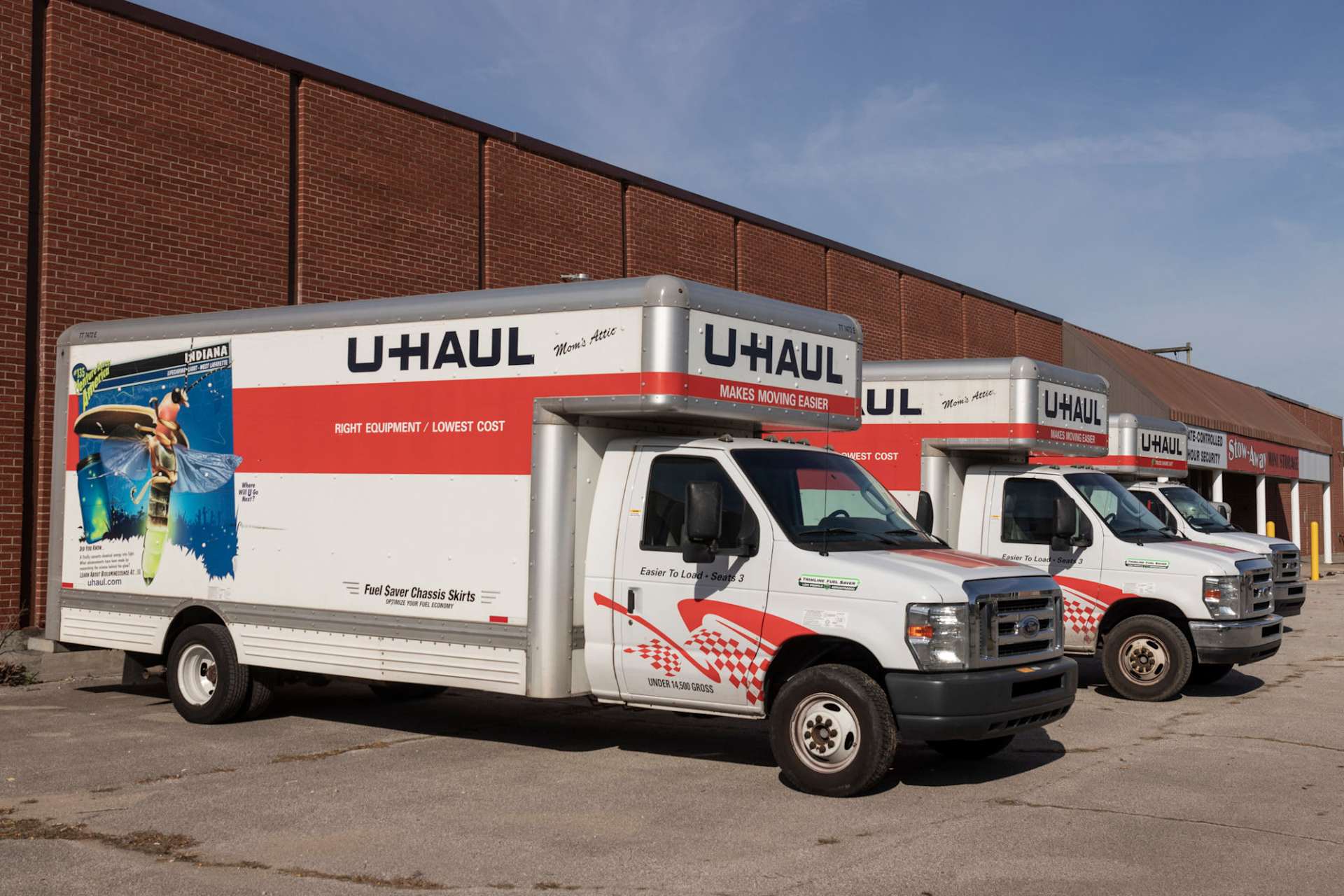Moving to a new house is exciting, but it can also be stressful, with many moving parts, requiring advanced planning and plenty of checklists. If you’re a homebuyer who has never moved an entire household before, you also might be surprised at how expensive it can be. No matter how you look at it, moving your home’s contents to a new location costs money.
Whether you’re moving cross-country or across town, there are ways to minimize these expenses, but it will take a little research and a well-planned strategy to determine what cost-cutting efforts make sense, and which ones may seem frugal but end up being more work than it’s worth.
Start Early and Strategize

If you have decided on a set budget (which is a good idea), figuring out what your move will look like will take some mental effort before you even embark on the physical effort of moving.
It’s helpful to create a few moving scenarios such as these:
- Professional movers
- Portable containers
- DIY
Most likely, you’ll end up using a combination of paid help/supplies and free/DIY methods, but it’s good to have an idea of what’s available and how much things cost.
Investigate Full-Service Moving Options

Wouldn’t it be great to have a reputable moving company do all – or most – of the work for you? Even if this is an unrealistic scenario for your budget, it’s important to learn about this dream option.
Get quotes from moving and shipping companies (those companies that use portable containers such as PODS). Ask friends for their recommendations, check out online reviews, or contact the Better Business Bureau for ratings. Make sure the companies you consider are licensed and insured. After choosing your top three to five companies, get moving estimates.
Many moving companies offer online moving cost calculators that allow you to put in all the relevant information about your move. Then, they use the information you provide to give you a range to use for budgeting. This way you can figure out how much you can afford and then cut back where you need to. Here’s a list of some of the information you’ll be asked to provide:
- Travel fees – How far are you planning to move? Moving companies will take into account fuel costs and labor costs for the time it will take for the movers to get from the original destination to the final destination.
- Size/amount of belongings – Obviously, the more things you have to move, the more expensive your move will be.
- Packing services – Hiring movers to pack up your belongings will cost you more. Consider packing your own things if this goes beyond your budget. And if movers have to disassemble and reassemble furniture, you’ll probably pay extra.
- Moving supplies – These can be purchased from your moving company which is so convenient, but may add to costs. You’ll need bins, boxes, and bubble wrap – at least – and other items such as moving blankets, packing paper, and other special supplies needed for protecting certain belongings.
- Liability coverage – Most moving companies will offer different ranges of protection. You may not need the most expensive option.
Depending on your moving needs, you also may have to pay extra for certain services and add-ons like these:
- Long carry fee – Will the distance from the house to the truck be longer than normal? If a mover can’t park the truck close to your house, you may be charged a long carry fee. Similarly, a stair carry fee or elevator fee also may be charged for the extra effort required for flights of stairs or multiple trips on an elevator.
- Specialty moving – Do you have a piano, grandfather clock, hot tub, or valuables such as artwork or fine china? Specialty items that require specific materials and skills to move will likely cost extra.
- Storage – If you’ll need storage before, during or after the move, you’ll pay extra.
- Extra stops – Will your movers need to move things from your home and a storage unit? Expect an added fee.
- Expedited delivery – Need a rush job? Long-distance moves can take a couple of weeks. If you need to move more quickly, you’ll probably have to pay more.
- Unpacking service – This is a convenient but time-consuming option that will cost more.
- Tipping – Tipping isn’t required, but if you’ve been happy with the service your movers have provided, it’s important to show your gratitude. For guidelines on tipping, click here.
Do It Yourself

Moving yourself may be cheaper, but when coming up with a DIY budget, you’ll need to account for just about everything that a professional mover supplies. Beyond the additional planning and physical work you’ll be required to do, here are some other things to consider:
Renting a truck
- What size truck will you need?
- Are you comfortable driving a moving truck?
- How much will gas and tolls cost?
- Will you need to stop at weigh stations along the way?
- What extra moving equipment will you need? (blankets, dollies, etc.)
Finding Free Packing Supplies and Labor

Beg for boxes; bribe your buddies! Department stores, liquor stores, home goods stores – often establishments will be more than willing to load you up with boxes they plan to trash. You might even be able to reuse their packing materials. Also check out your community social media pages for people who are looking to get rid of their recently-used packing materials.
Purge First

Let it go! Getting rid of things you no longer want or need is helpful no matter what, but especially when determining how much movers will charge or how big your DIY rental truck needs to be.
Sell, trash, or donate bulky items that no longer serve you and the thousand little things that you never use. Measure doors and room dimensions in your new house and figure out what simply won’t fit so you can get rid of these things before you bother to move them.
Use the weeks leading up to your move to eat things from your pantry, refrigerator, and freezer. By eating what you already have, you’ll save money since you won’t be buying as many groceries and you won’t be trashing as much before your move.
Request Reimbursement
If you’re moving due to a job transfer or new job, your employer will probably allow for a relocation reimbursement or bonus. If they don’t readily offer, it sure doesn’t hurt to ask!
No matter how you decide to move – whether it’s full-service or fully DIY – expect the unexpected. Allow for a financial buffer before embarking on this adventure!



